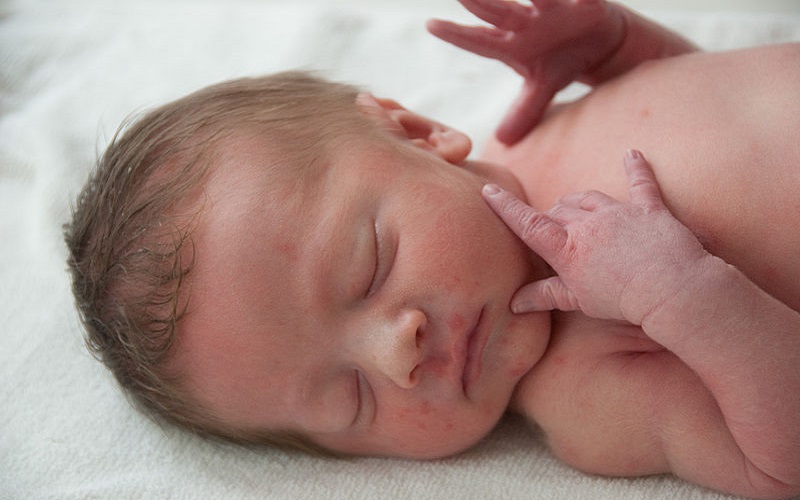The interactions between gut bacteria and sleep are no secret in adults. However, a Swiss study also identified these types of interactions for the very first time in infants after three months of age.
The importance of a diverse intestinal flora
The gut microbiota is the subject of much research. Recently, for example, a study established a link between bacteria in the intestines and cognitive decline. According to a press release from the Swiss Natonal Science Foundation dated December 23, 2021, intestinal bacteria also interact with babies’ sleep. Salome Kurth and Sarah Schoch from the universities of Friborg and Zurich have indeed shown that infants who sleep more during the day have less diversity in their gut microbiota. However, the fragmentation of nighttime sleep (quality of sleep) is linked to the type of bacteria that we find in the intestines. For scientists, this is a real breakthrough since these interactions were until now known only in adults.
The study also shows a parallel evolution of both gut bacteria and brain activity during the child’s first year of life. This work also suggests that infants with different gut microbiota also show divergences in nocturnal brain activity. However, the strongest bonds are present around the age of three months, a sensitive period according to the researchers.
Intervene on the intestinal flora
The study involved 162 infants observed at home at the ages of three, six and twelve months with a motion sensor fitted on the children’s ankles. The goal was to follow their sleep for ten days. Parents were also required to keep a diary of times for bed, waking, crying and eating. The researchers also took stool samples. Another part of the study consisted of recording nighttime sleep during the first hours of about 30 six-month-old children using an EEG.
For those responsible for the study, the results are promising. Thanks to the observed link between sleep and the diversity of their gut microbiota, scientists believe that it is possible to act on the developmental problems of babies. In fact, it is possible to resolve concerns about the quality of sleep by intervening on the intestinal flora through food in addition to specific support for parents. However, further clinical trials will be needed in order to generalize the results and develop new therapies.




